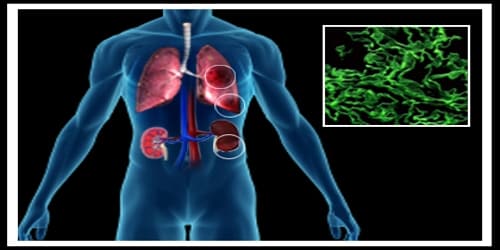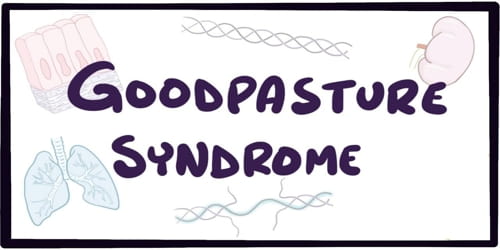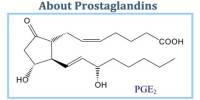Goodpasture Syndrome
Definition: Goodpasture syndrome (GP S) is a rare disease that can involve quickly worsening kidney failure and lung disease. It is also known as anti-glomerular basement membrane disease. It is thought to attack the alpha-3 subunit of type IV collagen, which has therefore been referred to as Goodpasture’s antigen.
The disease occurs when the body’s immune system mistakenly produces antibodies against collagen in the lungs and kidneys. Collagen is a protein that helps form connective tissue.
Goodpasture syndrome initially causes vague symptoms such as fatigue. But it can rapidly involve the lungs and kidneys. It is almost always fatal if it is not quickly diagnosed and treated.
The disease was first described by an American pathologist Ernest Goodpasture of Vanderbilt University in 1919 and was later named in his honor.
Causes, Sign, and Symptom of Goodpasture Syndrome: Goodpasture syndrome is an autoimmune disorder. It occurs when the immune system mistakenly attacks and destroys healthy body tissue. People with this syndrome develop substances that attack a protein called collagen in the tiny air sacs in the lungs and the filtering units (glomeruli) of the kidneys.
Other factors that may increase the risk of Goodpasture syndrome include:
- Exposure to certain chemicals, such as hydrocarbon solvents and the weed killer paraquat
- Exposure to metallic dust
- Use of certain drugs, such as cocaine
- Tobacco smoking
- Viral infections
Goodpasture syndrome usually affects young men. It affects men more often than women and occurs most commonly in early adulthood or after the age of 60.

Symptoms can be nonspecific, as well as related to both our lungs and kidneys. Damage can progress rapidly, becoming severe in a matter of days.
- Loss of appetite, fatigue, and weakness are common early symptoms.
- Lung symptoms may include:
- Coughing up blood
- Dry cough
- Shortness of breath
Kidney and other symptoms include:
- Bloody urine
- Burning sensation when urinating
- Nausea and vomiting
- Pale skin
- Swelling (edema) in any area of the body, especially in the legs
Although Goodpasture syndrome may cause life-threatening bleeding in the lungs, it usually does not result in long-term lung damage. The most serious consequence of Goodpasture syndrome is kidney failure, which may require either dialysis or a kidney transplant.
Diagnosis and Treatment of Goodpasture Syndrome: The diagnosis of Goodpasture Syndrome (GP S) is often difficult, as numerous other diseases can cause the various manifestations of the condition and the condition itself is rare. The doctor may use several tests to diagnose Goodpasture syndrome. They will start with a physical examination, checking for high blood pressure, bleeding, and abnormal heart and lung sounds, including an abdominal exam.
The following tests may also be done:
- Antiglomerular basement membrane test
- Arterial blood gas
- BUN
- Chest x-ray
- Creatinine (serum)
- Lung biopsy
- Kidney biopsy
Goodpasture syndrome is a life-threatening condition. It requires hospitalization, which often includes treatment in an intensive care unit (ICU). Treatments involve medications that slow down the patient’s immune system.

The main goal is to remove the harmful antibodies from the blood. Treatment may include:
- Plasmapheresis, which removes harmful antibodies to help reduce inflammation in the kidneys and lungs.
- Corticosteroid medicines (such as prednisone) and other drugs, which suppress or quiet the immune system.
- Medicines such as angiotensin-converting enzyme (ACE) inhibitors and angiotensin receptor blockers (ARBs), which help control blood pressure.
- Dialysis, which may be done if kidney failure can no longer be treated.
- A kidney transplant, which may be done when your kidneys no longer function.
With treatment, the five-year survival rate is >80% and fewer than 30% of affected individuals require long-term dialysis. Without treatment, virtually every affected person will end up dying from either advanced kidney failure or lung hemorrhages.
Information Source:
















